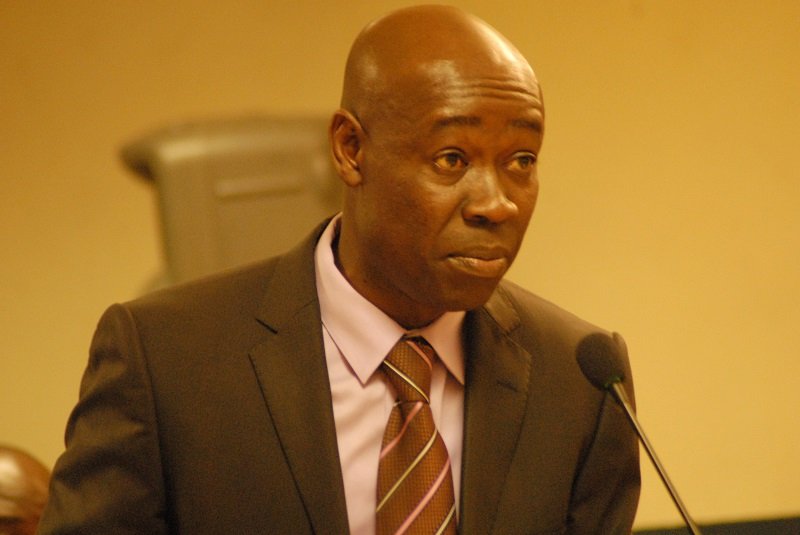Political question doctrine applies in both Constitutional and Parliamentary Supremacies- Thaddeus Sory
“First of all the question as to whether the political question doctrine applies in any democracy does not depend on whether it is a Parliamentary Supremacy or Constitutional Supremacy."

A private legal practitioner and Managing Partner of Sory@Law, Thaddeus Sorry has indicated that the doctrine of political question exists and operates in both Constitutional and Parliamentary Supremacy.
He thus disagreed with the Supreme Court’s first ground for dismissing the Justice Abdulai case even though he agreed with the court's analysis relative to the political question doctrine.
“First of all the question as to whether the political question doctrine applies in any democracy does not depend on whether it is a Parliamentary Supremacy or Constitutional Supremacy. It applies in both because, under our constitution, the courts have repeatedly said that first of all, it must also exercise restraint with regards to matters relating to other organs of the state. The courts have repeatedly said that.”
The political question doctrine is a question that the court will not consider because it involves the exercise of discretionary power by the Executive or Legislative branch of government.
Speaking at the maiden Speaker’s seminal Lecture on the topic; “Ramifications of the Justice Abdulai decision on the relationship between Supreme Court and Parliament,” Mr. Sory referred to an England case of Blackburn V Attorney General in which Lord Salmon and Lord Denning clearly stated that in specific circumstances, they will question acts of parliament whether it properly exercises its power in a particular matter or not
Additionally, Mr. Sory disagreed with the Supreme Court’s 3rd ground in the same Abdulai case to the effect that Ghana’s Constitution is sui generis indicating that the idea of a constitution itself is not sui generis.
“The 3rd point is that our constitution is sui generis so it is special and unique to us so we should not allow certain notions to influence our understanding of certain things that come with it. I disagree with that position. The idea of a constitution itself is not sui generis. The constitution is founded on principles that are not sui generis. Our constitutional training is not sui generis so if a matter comes before the court unless the court can demonstrate how that is to Ghana,”
Further to the above, he noted that there is no doubt about the applicability of the doctrine in Ghana or not because it has been consistently applied however it is the statements that the courts make and their conclusions that settle the matters.
“Again on the preponderance of authorities, it is clear that in Ghana, the doctrine applies,” he said.
He again agreed with the Supreme Court's conclusion in the Abdulai matter to the effect that the issue before the court presented legal issues for determination by the court.
“I agree with it because if there is a difference in the house as to whether the constitution allows a deputy speaker or other member presiding a voting right, or otherwise then the question is let’s read Article 102 and 104 and determine whether or not it allows that.”
The lecture which was on the theme; “Parliament, its business and the Supreme Court in perspective”, was chaired by Paramount Chief of Essikado, Nana Nketsiah (V), and the Dean of the UPSA Law school, Prof Kofi Abotsi was the Keynote Speaker while Thaddeus Sory, a private legal practitioner, Dr.Emmanuel Akwetey of IDEG, and Clara Beri Kassa-Tee, a private legal practitioner were discussants.


